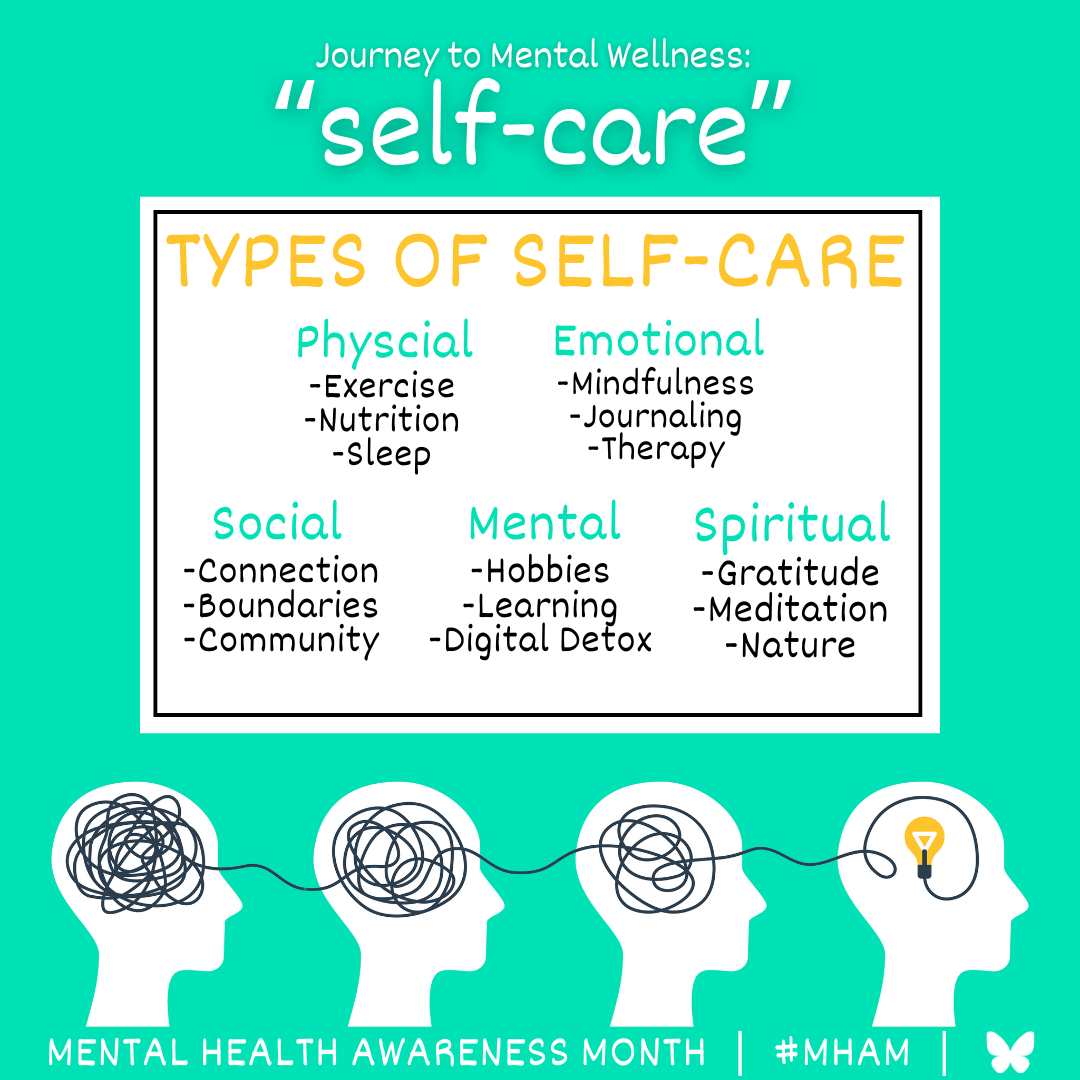Guide to Self-Care Practices and Their Importance for Mental Health
In today’s fast-paced world, self-care has become an essential practice for maintaining mental health and overall well-being. Despite its growing popularity, self-care is often misunderstood and overlooked. This guide explains self-care, offering practical tips and highlighting its importance for mental health. Whether you’re new to self-care or looking to enhance your current practices, this guide will provide valuable insights to help you on your journey to mental wellness.
What is Self-Care?
Self-care refers to the intentional actions we take to nurture our physical, emotional, and mental health. It involves making time for activities that promote well-being, reduce stress, and enhance our quality of life. Self-care is not a one-size-fits-all approach; it is highly personal and can vary widely from person to person.
The Importance of Self-Care for Mental Health
- Reduces Stress: Engaging in self-care activities helps to alleviate stress by allowing us to relax and recharge.
- Improves Mood: Regular self-care can boost your mood and increase feelings of happiness and contentment.
- Enhances Resilience: Taking care of yourself improves your ability to cope with life’s challenges and bounce back from setbacks.
- Prevents Burnout: Self-care practices can prevent burnout by ensuring you don’t overextend yourself and maintain a healthy balance.
- Promotes Physical Health: Many self-care activities, such as exercise and proper nutrition, also benefit physical health, which in turn supports mental health.
Types of Self-Care Practices
There are several different types of self-care, each addressing different aspects of well-being:

1. Physical Self-Care:
- Exercise: Regular physical activity can improve mood, reduce anxiety, and enhance overall physical health.
- Nutrition: Eating a balanced diet rich in nutrients supports brain function and emotional well-being.
- Sleep: Prioritizing quality sleep helps restore energy and improves cognitive function.
2. Emotional Self-Care:
- Mindfulness and Meditation: Practices like mindfulness and meditation help you stay present and manage stress.
- Journaling: Writing down your thoughts and feelings can provide emotional release and clarity.
- Seeking Therapy: Professional support from a therapist can help you process emotions and develop coping strategies.
3. Social Self-Care:
- Connecting with Loved Ones: Spending time with family and friends fosters a sense of belonging and support.
- Setting Boundaries: Learning to say no and setting healthy boundaries protects your emotional well-being.
- Joining Groups or Communities: Participating in social or interest-based groups can enhance your social network and provide emotional support.
4. Mental Self-Care:
- Engaging in Hobbies: Activities that stimulate your mind, such as reading, puzzles, or crafts, can improve mental responsiveness and provide relaxation.
- Continuous Learning: Pursuing new knowledge or skills can boost self-esteem and mental sharpness.
- Digital Detox: Taking breaks from screens and social media helps reduce information overload and mental fatigue.
5. Spiritual Self-Care:
- Practicing Gratitude: Regularly acknowledging what you’re thankful for can improve overall happiness and perspective.
- Meditation or Prayer: Spiritual practices can provide comfort, clarity, and a sense of peace.
- Nature Activities: Spending time in nature can be grounding and rejuvenating, fostering a connection with the environment.
How to Incorporate Self-Care into Your Routine
- Start Small: Begin with simple, manageable activities that you enjoy and gradually incorporate more into your routine.
- Schedule It: Treat self-care as a non-negotiable appointment in your calendar.
- Listen to Your Body: Pay attention to your physical and emotional needs and adjust your self-care practices accordingly.
- Be Consistent: Regular practice is key to obtaining the benefits of self-care.
- Mix It Up: Keep your self-care routine varied to prevent it from becoming boring.
Overcoming Common Barriers to Self-Care
- Time Constraints: Prioritize self-care by setting aside dedicated time, even if it’s just a few minutes each day.
- Guilt: Remember that taking care of yourself is essential for your well-being and enables you to be more present and effective in other areas of your life.
- Lack of Resources: Many self-care practices are free or low-cost. Focus on activities like walking, meditating, or journaling that don’t require special resources.
Self-care is a vital component of mental health and well-being. By incorporating self-care practices into your daily routine, you can reduce stress, improve your mood, and enhance your overall quality of life. Remember, self-care is a personal journey, so find what works best for you and make it a priority. Start today and take the first step towards a healthier, happier you!
Posted on: Monday May 20, 2024
